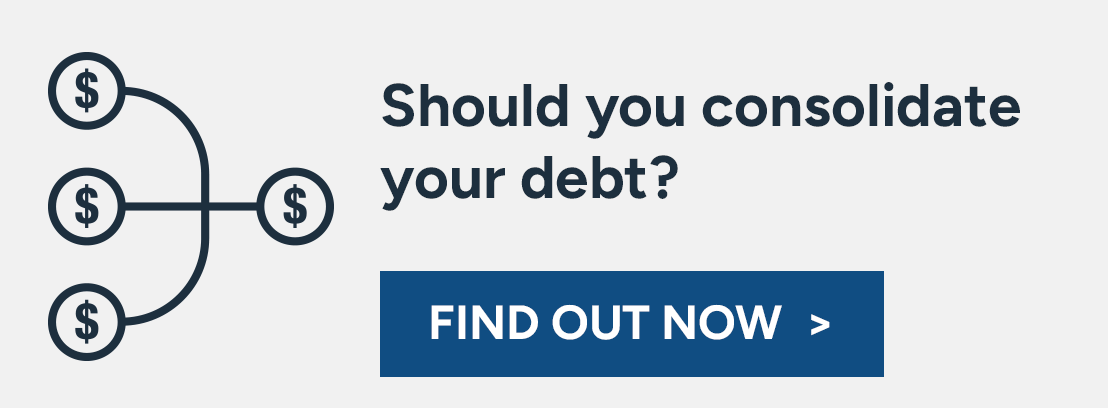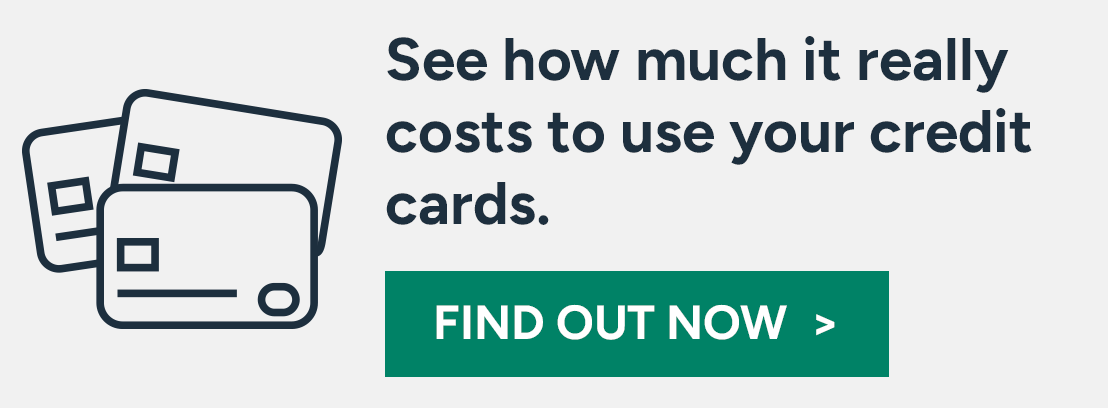 While hiring a debt settlement company may be effective for some consumers, there are significant risks and drawbacks that you should know about before you sign any kind of contract.
While hiring a debt settlement company may be effective for some consumers, there are significant risks and drawbacks that you should know about before you sign any kind of contract.
When you have more debt than you can manage, working with a debt settlement company to erase your debt may seem like a smart idea. After all, there are lots of advertisements that suggest a debt settlement plan can help you eliminate debt for a small fraction of what you owe.
Having a clear picture of debt settlement pros and cons can help you avoid a decision you may come to regret.
What to Look For In a Debt Settlement Company
Before engaging in conversations with a debt settlement company, it’s essential to have a clear understanding of your financial situation, and some background knowledge about debt settlement practices and potential pitfalls. Here are several key points to consider:
- Understanding Debt Settlement: Debt settlement is a service offered by companies to negotiate with creditors to reduce the total amount of debt owed. This can result in lower payments for the debtor, but it is not a guarantee. It often involves stopping payments to your creditors while you save up enough money for the settlement company to negotiate a lump-sum payoff.
- Knowledge of Your Debts: You should have a clear understanding of all your debts – how much you owe, to whom, the interest rates, and any additional fees or charges. You should also know the nature of your debts, as some debts (like student loans and tax debts) are often not eligible for settlement.
- The Impact on Your Credit Score: Debt settlement can severely impact your credit score. The process often requires you to stop making payments on your debts, which will negatively impact your score. Moreover, the settled debt will remain on your credit report, indicating that you did not pay the debt in full.
- Fees Charged by the Debt Settlement Company: These companies often charge a percentage of the debt that is forgiven or a percentage of the debt you enrolled. It’s critical to understand their fee structure. Also, the Federal Trade Commission (FTC) has rules that prohibit companies from charging fees before they settle or reduce a customer’s debt.
- Tax Implications: Forgiven debt may be considered taxable income. So, you may be required to pay taxes on the amount of debt forgiven.
- Consider Alternatives: Debt settlement is one of many ways to handle debt, and it’s important to consider other alternatives. This could include credit counseling, debt consolidation, or even bankruptcy, depending on the severity of your situation.
- Legitimate vs. Scam Companies: Unfortunately, there are predatory companies out there that exploit people who are desperate to get out of debt. Make sure to research the company you’re considering thoroughly. Also make sure to check for any complaints or legal actions against them. Lastly, never be afraid to seek advice from a financial advisor from a reputable credit counseling agency like American Consumer Credit Counseling or an attorney who can provide guidance based on your specific circumstances.

Evaluating if Debt Settlement is right for your should be the first step of your decision making process
How a Debt Settlement Company Works
So, how does debt settlement work to eliminate debt? When you sign a contract with a debt settlement company, you’ll stop making payments to your creditors and will send that money instead to an account with the settlement company. After a number of months, when you have a large amount of back-owed payments, the debt settlement company will make an offer to your creditors to settle your debt for some portion of what you actually owe them, using the amount you’ve saved in the account to pay off your debts. If successful, you’ll pay a sizable fee to the debt settlement company, plus taxes on any debt that has been forgiven.
Does debt settlement work? Sometimes it does. Companies may be willing to settle your debt for 60% of what you owe, for example, because they believe getting something is better than nothing. But other creditors may be unwilling to settle the debt, and they may choose instead to turn over your accounts to a collection agency or to take you to court, adding legal bills to your financial troubles.
Does debt settlement affect your credit? Absolutely. When you work with a debt settlement company and stop paying your bills, your credit rating will take a serious hit. Even if you successfully settle your debt, you may not be able to apply for credit cards, loans, mortgages or rental apartments for years to come. That’s why, before you sign anything with a debt settlement company, it’s wise to explore all your options for getting out of debt.
Expert Advice on Working With a Debt Settlement Company
American Consumer Credit Counseling (ACCC) is a nonprofit organization dedicated to helping individuals and families understand all their options for getting out of debt and living debt-free in the future. We offer free credit counseling services where you can talk with a certified professional about the pros and cons of bankruptcy versus debt settlement, the risks involved in hiring a debt settlement company, and other options available for eliminating debt that won’t ruin your credit.
At your free credit counseling session, we’ll help you get a clear picture of your finances by documenting your income, expenses, assets, and liabilities. Then we’ll walk you through all your options and help you choose the strategy that is most in line with your financial goals.
 While hiring a debt settlement company may be effective for some consumers, there are significant risks and drawbacks that you should know about before you sign any kind of contract.
While hiring a debt settlement company may be effective for some consumers, there are significant risks and drawbacks that you should know about before you sign any kind of contract.


